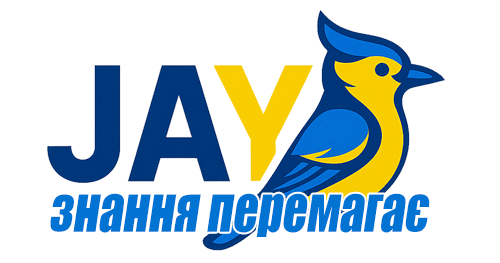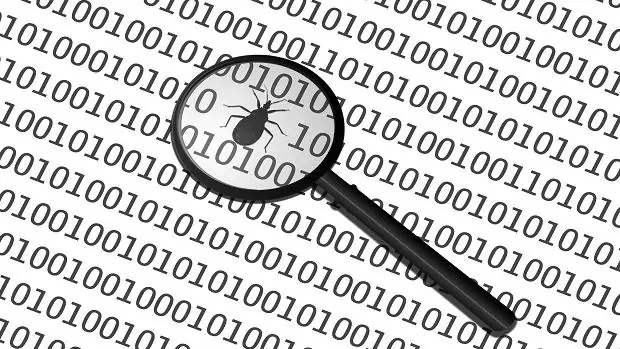What is a Smart Contract Audit?
A Smart Contract Audit is a rigorous process of analyzing the security of a smart contract, a self-executing program stored on a blockchain that automatically executes predefined terms when certain conditions are met. Smart contracts are essential components in various blockchain applications, but their immutability and finality make them vulnerable to errors and vulnerabilities that can lead to significant financial losses.
The Importance of Smart Contract Audits:
Smart contract audits are crucial for ensuring the security and reliability of blockchain applications. They help to:
- Identify and fix vulnerabilities: A comprehensive audit can uncover potential exploits, bugs, and other weaknesses in the smart contract code, allowing developers to address them before attackers can take advantage.
- Build trust and confidence: Investors, users, and other stakeholders are more likely to trust a project that has undergone a successful audit, increasing its credibility and potential for success.
- Minimize financial losses: By proactively identifying and fixing vulnerabilities, audits can help to prevent costly hacks and breaches, protecting the project’s assets and user funds.
What does a Smart Contract Audit typically involve?
A comprehensive smart contract audit typically involves several key steps:
- Requirement Gathering: This involves collecting all relevant documents such as the smart contract code, whitepaper, technical specifications, and project documentation to understand the project’s scope and functionalities.
- Static Analysis: The auditor manually reviews the smart contract code to identify potential vulnerabilities and coding errors using established security best practices and industry standards.
- Dynamic Analysis: Automated tools are used to test the smart contract with various input scenarios and simulate real-world interactions, uncovering potential runtime errors and unexpected behavior.
- Formal Verification: This advanced technique uses mathematical proofs to verify the correctness and security of the smart contract code, ensuring it functions as intended under all circumstances.
- Vulnerability Detection: The auditor identifies and classifies potential vulnerabilities based on their severity and potential impact, providing a detailed report with clear explanations and remediation recommendations.
- Report Generation: The auditor compiles a comprehensive report outlining the audit findings, including identified vulnerabilities, risk assessments, and detailed recommendations for fixing them.
Who needs a Smart Contract Audit?
Any project involving smart contracts, including:
- Decentralized Finance (DeFi) applications
- Non-Fungible Tokens (NFTs)
- Cryptocurrency wallets and exchanges
- Supply chain management and tracking systems
- Voting and governance platforms
Benefits of using a smart contract audit as a service :
- Expertise and experience: Professional auditors have extensive knowledge of smart contract security best practices and are constantly updated on emerging vulnerabilities and attack vectors.
- Thoroughness and objectivity: An independent third-party audit provides unbiased and comprehensive uation, ensuring all aspects of the smart contract are thoroughly reviewed.
- Time and cost-efficiency: Utilizing specialized auditing services saves time and resources compared to building internal expertise or conducting audits in-house.
- Enhanced reputation and trust: A successful audit report bolsters a project’s reputation and instills investor and user confidence in its security.
Choosing the right Smart Contract Auditor :
When selecting a smart contract auditor, consider factors such as:
- Experience and track record: Look for a reputable auditor with proven experience in auditing various blockchain platforms and smart contract applications.
- Team expertise: Evaluate the auditor’s team qualifications and ensure they have the necessary technical expertise and security knowledge.
- Methodology and tools: Understand the auditor’s approach to conducting audits and the specific tools and methodologies they employ.
- Communication and transparency: Choose an auditor who provides clear communication throughout the process and delivers detailed reports with actionable insights.
- Cost and value proposition: Compare the auditor’s fees and services to ensure they offer the best value for your project’s needs.
Conclusion:
Smart contract audits are a valuable investment for any project utilizing these powerful tools. By proactively addressing security vulnerabilities, audits can safeguard valuable assets, protect users, and foster trust within the blockchain ecosystem.
Note: This information is intended to be informative and should not be considered financial advice. It is crucial to conduct thorough research and due diligence before making any investment decisions or choosing a smart contract auditor.

